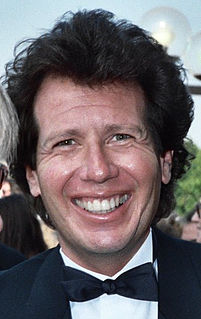A Quote by Stephan Pastis
To get syndicated as a comic strip artist is as likely as winning the lottery.
Quote Topics
Related Quotes
I wanted to do the comic strip. I tried to get it syndicated, and I sent some examples to a syndication company, and they sent me a rejection letter! I wasn't smart enough at the time to realize you shouldn't let rejection letters stop you. I thought that rejection letter meant I was not allowed to be a cartoonist in this world, so I put the rejection letter down and said, well, I'll be a stand-up comedian.
I'd always enjoyed the comics more, and felt that as long as I was unemployed it would be a good chance to pursue that and see what response I could get from asyndicate, as I didn't have anything to lose at that point. So I drew up a comic strip - this was in 1980 - and sent it off and got rejected. I continued that for five years with different comic strip examples 'til finally Calvin and Hobbes came together. But it's been a long road.
Stan Lee always wanted to do another syndicated strip while we were doing Spider-Man. I was working two jobs, and he wanted to make time to do another strip. He wanted to do a humor strip. I said, 'Stan, I barely make it through the week now. How the hell am I going to do another strip?' He said, 'Oh, I'm sorry, I always forget it takes you longer to do a page than it takes me to do twenty pages.'






























